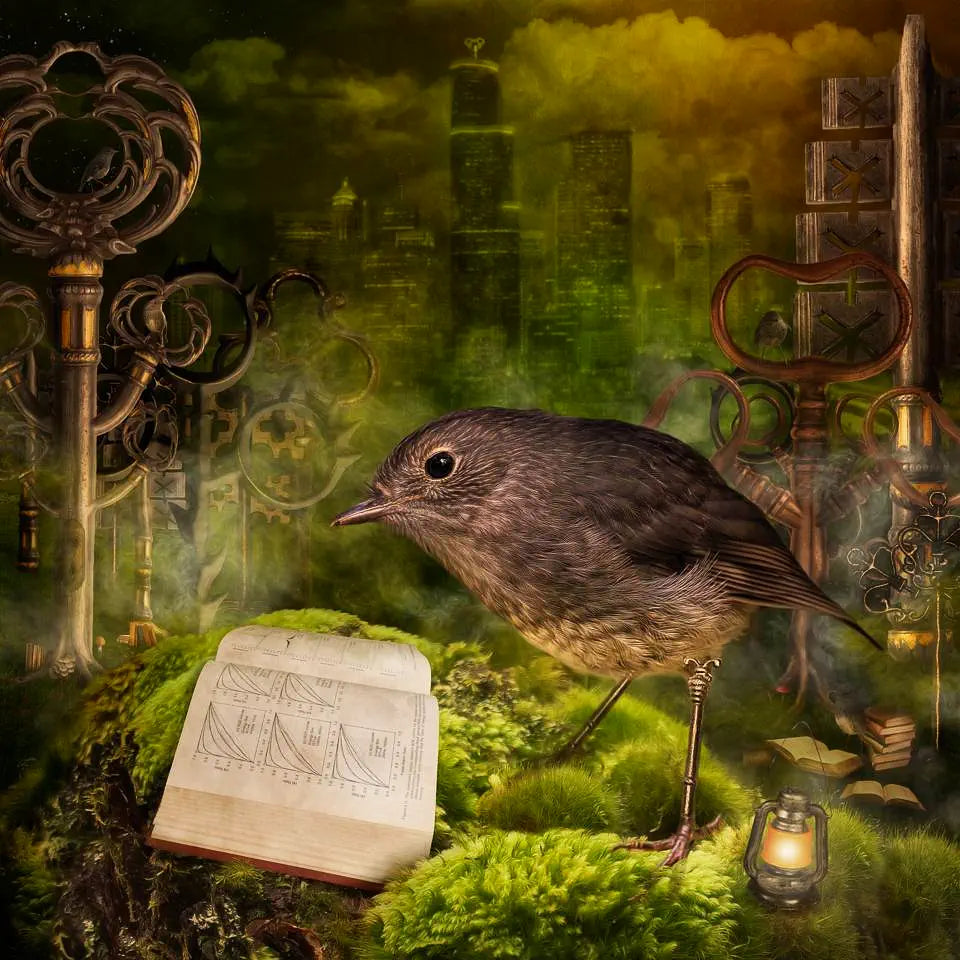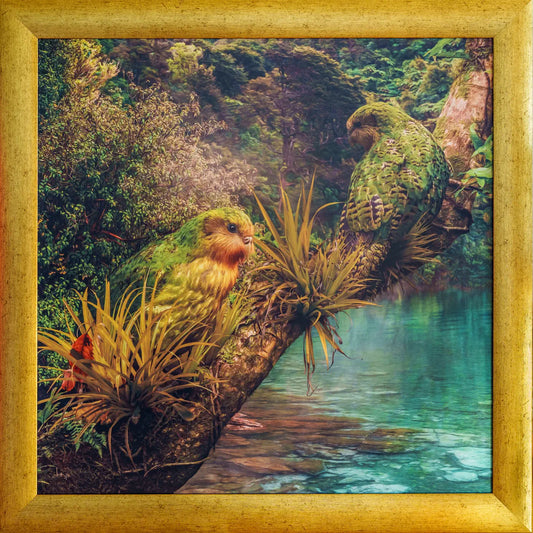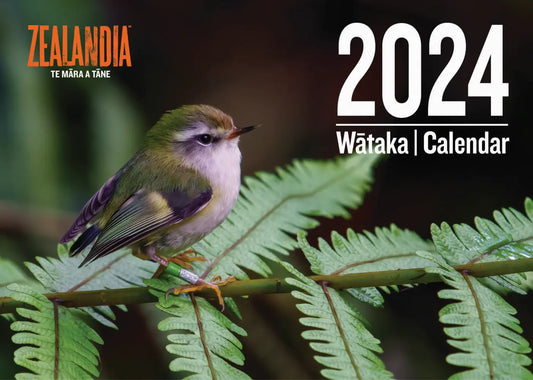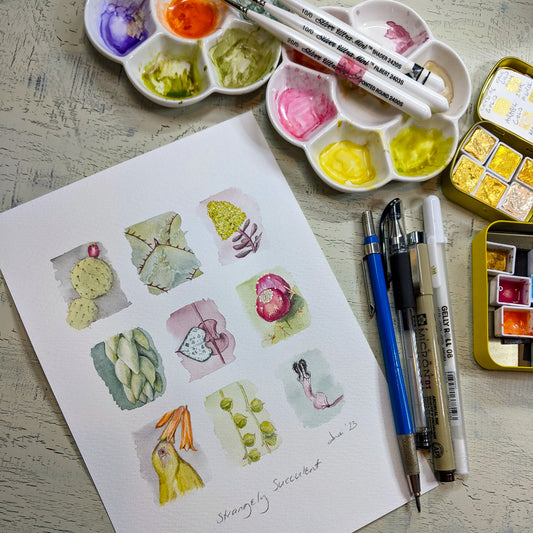
Photoartistry resources - my top picks [updated Jan 2023]
Share
Aside from a good dose of curiousity and willingness to explore and try things out, I can recommend the following courses, software, and hardware to anyone keen on getting into photo-artistry.
ONLINE COURSES
Anything and everything by Adobe Evangelist Julienne Kost (check whether your local library provides free access to her courses - Wellington Library does.)
https://www.jkost.com/photoshop.html
ONLINE COURSES
Anything and everything by Adobe Evangelist Julienne Kost (check whether your local library provides free access to her courses - Wellington Library does.)
https://www.jkost.com/photoshop.html
https://www.linkedin.com/learning/instructors/julieanne-kost
Photoshop Artistry: Fine-art Grunge Composition with Sebastian Michaels
Teaching the fundamentals of photo-artistry with Photoshop and PS Elements
https://prophotoshopartistry.com/specialoffer
Photoshop Artistry: Fine-art Grunge Composition with Sebastian Michaels
Teaching the fundamentals of photo-artistry with Photoshop and PS Elements
https://prophotoshopartistry.com/specialoffer
This is where it all started for me!
AWAKE - Living the (Photo)-Artistic Life with Sebastian Michaels
A year-long training program for photo artists - life-changing!
https://prophotoshopartistry.com/awake-mastery-edition40764446
AWAKE - Living the (Photo)-Artistic Life with Sebastian Michaels
A year-long training program for photo artists - life-changing!
https://prophotoshopartistry.com/awake-mastery-edition40764446
Fine Art Photography with Brooke Shaden
Everything you need to know about creating fine art photos from the shoot, compositing, making prints, to running a fine-art business.
https://www.creativelive.com/class/fine-art-photography-the-complete-guide-brooke-shaden
SOFTWARE & HARDWARE
My essentials:
- Photoshop CC (although you can get a long way with PS Elements). Another free alternative that I haven't used is Gimp.
- Lightroom Classic (or Bridge), for organizing your assets. I don't recommend Lightroom CC unless you have an excellent internet connection with no data-cap and the funds to pay for GBs of online storage. Photoshop files are huge and you will also start acquiring thousands of image assets. Better to save locally and use a backup service instead.
- Xencelabs drawing tablet, medium size. I no longer recommend the Wacom Intuos Pro drawing tablet due to ongoing driver incompatibilities and annoyances.
- Calibrated monitor with a wide gamut (ideally 100% sRGB, and high coverage for Adobe RGB), especially if you're making prints. Anything lower and you won't see all your colours correctly.
- A grunty desktop computer with a ton of disk and ram and a top-of-the-line GPU (graphics card), especially if you want to make big images (though many people happily create on their iPad or smart phone).
- A camera - even your cellphone camera is good enough to get started with. I still occasionally use images taken on my very first digital camera - a 4 MP Nikon Coolpix 4500. Though I'm now glad to be shooting with full-frame mirrorless cameras.
- Topaz Studio/Labs Suite (especially ReMask, ReStyle, and Impression) - sadly Topaz discontinued these.
- On1 Resize for generating high-quality enlargements.
- On1 NoNoise AI for industrial strength denoising.
Ask in the comments below if you have any questions about any of the above...
The photo-art illustrating this story is "A Quick Study (toutouwai)", and it used most of the above and more.
This list was updated 23 Jan 2023, originally published 20 Mar 2018.




2 comments
Hi Judy Re https://prophotoshopartistry.com/specialoffer. Would this still be beneficial to do if you dont use photoshop.